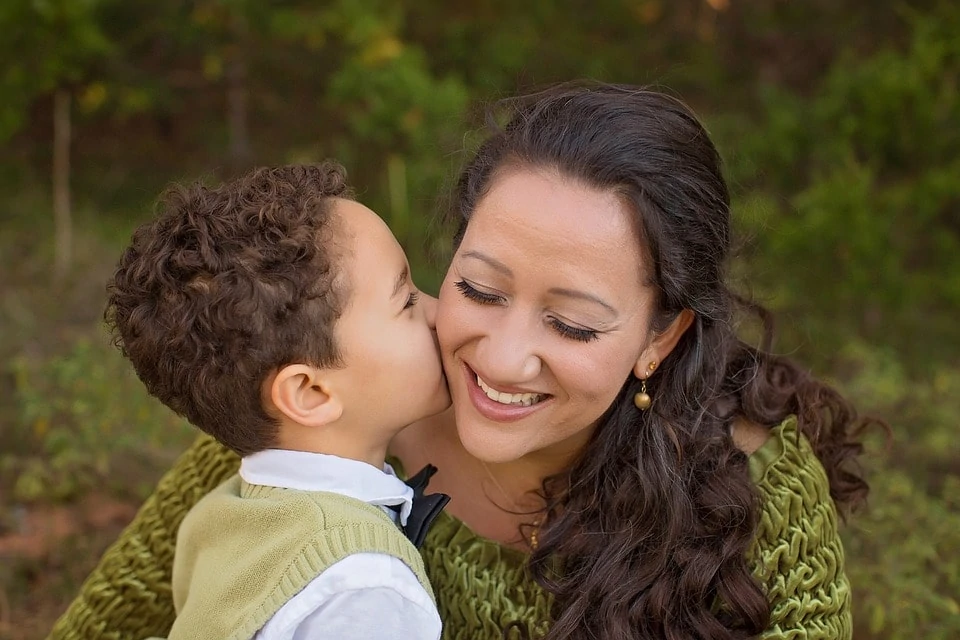My first yoga class of the year is always a big one – as many as 50 people squeezing into a small space, each wanting to start off the new year right. And usually, I ask my students about their “resolutions.” This year, though, was a bit unusual – not only for them but me.
2011 was a tough one for both Lynea and me, punctuated by the deaths of so many significant people in our lives. While we’ve both been through series of major losses like this before, something changed for me this time.
In grief, we often remember the many gifts a loved one had brought to us. It’s a poignant sweetness wrapped in the pain of loss. The traditional Japanese symbol of this bittersweet and ephemeral nature of life is the sakura, or cherry blossom. The tree has a short yet brilliant blossoming season. Then, inevitably, the petals fall.
Our lives, too, are short. And beautiful. And precious.
So I was happily surprised when so many of my students said that they didn’t have any resolutions at all; they were happy with who they are. While setting goals and aspiring to be our better selves are wonderful, valuable things, isn’t it also good to think that we are okay just as we are?
This acceptance involves a different kind of resolution, bringing our goodness into sharper focus, into resolution.
It’s also a form of gratitude – a practice that permeates many religions and contemplative traditions through actions such as prayer, giving thanks, Metta meditations and blessing food. For those who practice it, its power is undeniable, especially for teachers and those in the helping professions. They know how acknowledging positive qualities and behaviors reinforces them and teaches skills that lend to happier and more successful lives.
To put it another way: A gardener can pull weeds all day, yet the weeds will grow back and need pulling again. Or you can plant the flowers, shrubs and trees you want and crowd out the weeds.
So, too, we can cultivate gratitude. And its effects are mental, spiritual and physical. As clinical psychologists Drs. Blair and Rita Justice write in the University of Texas Health Science Center’s Health Leader,
Researchers have found that when we think about someone or something we really appreciate and experience the feeling that goes with the thought, the parasympathetic—calming-branch of the autonomic nervous system— is triggered. This pattern when repeated bestows a protective effect on the heart. The electromagnetic heart patterns of volunteers tested become more coherent and ordered when they activate feelings of appreciation.
There is evidence that when we practice bringing attention to what we appreciate in our lives, more positive emotions emerge, leading to beneficial alterations in heart rate variability. This may not only relieve hypertension but reduce the risk of sudden death from coronary artery disease.
The more we pause to appreciate and show caring and compassion, the more order and coherence we experience internally. When our hearts are in an “internal coherence state,” studies suggest that we enjoy the capacity to be peaceful and calm yet retain the ability to respond appropriately to stressful circumstances.
Even more impressive than this growing body of research is watching a gratitude master at work. I feel so fortunate to really learn this from my wife Lynea. She constantly looks for people’s gifts, compliments them and helps them find ways to develop their gifts. It’s why she created so many acknowledgement processes in our Yoga Calm work. It’s what led her to write Good People Everywhere, a children’s book to be released next month.
Appreciation is at the heart of our work with boys, too, such as our “Jedi Training” classes (PDF) and the “Boys and Coyotes” course for parents, teachers and counselors. These started with a simple question: “Why are so many more boys than girls being referred to school counselors and behavior classrooms?” While there are many factors at work, Lynea couldn’t help but ask the logical question: Is there something wrong with all these boys or something wrong with the environment or culture? Perhaps schools, homes and our sedentary way of life don’t really appreciate the sometimes “big” energy boys express.
Yet by honoring, playing with and channeling this energy, the boys we teach prove entirely capable of more self-control and great things. What they need first is to be seen by others as okay.
I, too, am trying to weave even more gratitude processes in throughout my day. I take a moment to notice the good work I’m doing before tackling the day’s “problems.” I take time to really taste my food, appreciate my warm house, smile at a stranger, compliment my yoga students…
And what I notice is that there’s always more to be grateful for, more and more beauty in life.
Thanks for what you do!






